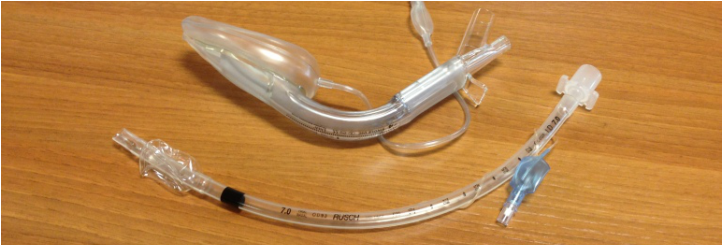Resuscitation. 2015 May 23. [Epub ahead of print]
A dual-reviewer search was conducted in PubMed, Scopus, and the Cochrane Database to identify all relevant peer-reviewed articles for inclusion in the meta-analysis. Exclusion criteria were traumatic arrests, pediatric patients, physician/nurse intubators, rapid sequence intubation, video devices, and older airway devices. Outcomes were (1) return of spontaneous circulation (ROSC), (2) survival to hospital admission, (3) survival to hospital discharge, and (4) neurologically intact survival to hospital discharge. Results were adjusted for covariates when available and combined using the random effects model.
RESULTS:
From 3454 titles, 10 observational studies fulfilled all criteria, representing 34,533 ETI patients and 41,116 SGA patients. Important covariates were similar between groups. Patients who received ETI had statistically significant higher odds of ROSC (odds ratio [OR] 1.28, 95% confidence interval [CI] 1.05-1.55), survival to hospital admission (OR 1.34, CI 1.02-1.75), and neurologically intact survival (OR 1.33, CI 1.09-1.61) compared to SGA. Survival to hospital discharge was not statistically different (OR 1.15, CI 0.97-1.37).
CONCLUSIONS:
Patients with OHCA who receive ETI by EMS are more likely to obtain ROSC, survive to hospital admission, and survive neurologically intact when compared to SGA.

 RSS Feed
RSS Feed